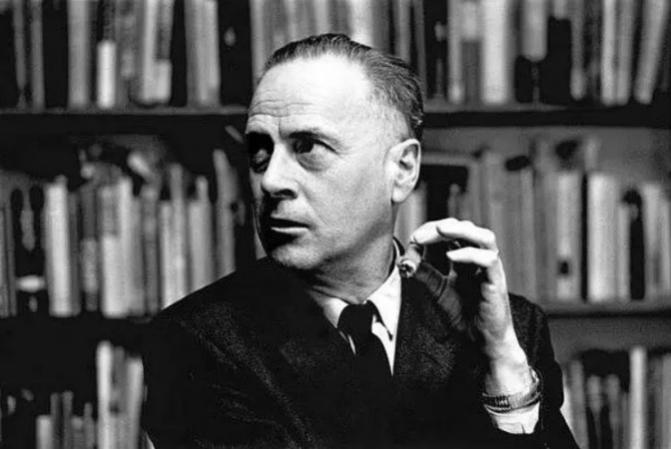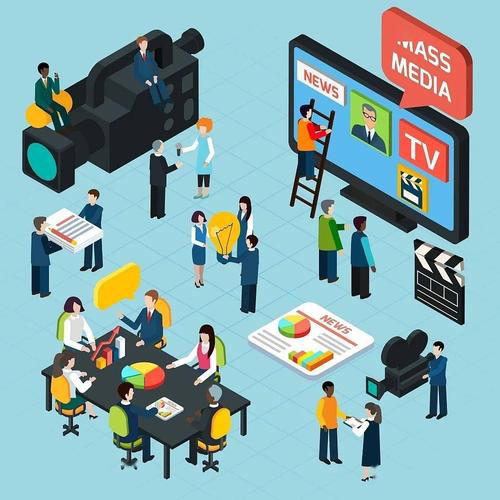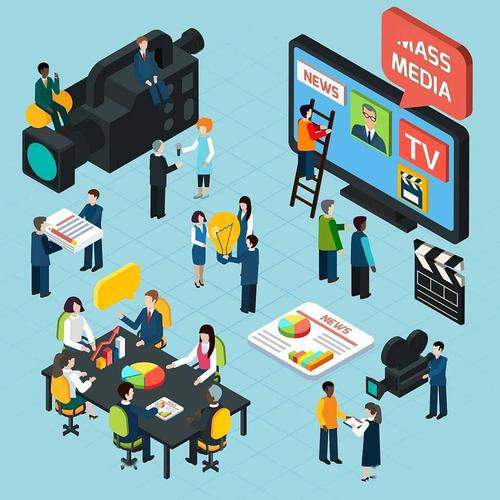How should the influence of new digital media and digital networks on global communication be comprehended? One obvious option is media theory, which maintains that the foundation of our civilization is shifting from analog to digital technology. Nonetheless, this work suggests that we look into complexity theory as an extra potential theory. Some authors, such as John Urry, assert that a paradigm change known as the “complexity turn” is in progress. What are the advantages and disadvantages?

In McLuhan’s words, “we are staring in the rear-view mirror and walking backwards into the future”, the history of social media over the last few millennia has been analysed from strange and difficult perspectives, ranging from decentralised to centralised to decentralised, with each new media form not necessarily leading to a forward evolution, but also a backward one. As the book illustrates, the spiral of media and democratic processes, the mediators that connect people’s ideas and attitudes have also swung back and forth between elitism and secularisation: ‘social media’ in the 21st century, radio and television in the 20th century, newspapers in the 19th century, pamphlets and letters in the 18th century, coffeehouses and the public sphere in the 17th century, and the media in the 16th century, as well as the media and democracy of the 21st century, and the media of the 16th century. The “social media” of the 21st century, radio and television of the 20th century, newspapers of the 19th century, pamphlets and letters of the 18th century, coffeehouses and the public sphere of the 17th century, the explosion of printing of the 16th century, and papyrus of ancient Rome have existed for thousands of years in terms of their structure and modes of communication. Looking back at history, we are surprised to find that the interaction between the media and society is to some extent repeating and regressing. On the whole, although this historical analysis is a bit biased towards technological determinism, it has a tricky angle, a popular narrative, a fluent translation, a clear logic, and a self-explanatory approach, which is of some significance for us to reflect on the social media environment nowadays.

The famous anthropologist Robin Dunbar said that animals also socialise by grooming, and that identifying enemies and collaborating with each other is an advantage of group living; humans invented language to socialise more efficiently. So, gossiping and exchanging information about different people is the right way to use language, not a waste of time. The same applies to social media, which, unlike the mass media, gives us a platform to express our opinions and meet the demands of socialising.
Media theory suggests that media serves as a means to convey information, promote interaction, and shape social identity, rather than just a means to convey it. But today, social media is still a novelty, and people are far more worried about it than they are about traditional mass media. The future is often in our past. We focus so much on what’s changing that we lose sight of what’s staying the same. We are witnessing a time of dramatic change, so are all these new things really new for the first time? Perhaps by peeling back the packaging and discovering the essence of what remains the same, we will be better able to understand the truth of our times and the truth of ourselves.
Reference
Meyrowitz, J. (1997) ‘Shifting worlds of strangers: Medium theory and changes in “them” versus “us” ’, Sociological Inquiry, 67(1), pp. 59–71.
Qvortrup, L. (2006) ‘Understanding New Digital Media’, European Journal of Communication, 21(3), pp. 345–356.


I think the most important thing about the media is that it is through the continuous development of the course of the theory, as you say, each different period of media development in different forms, he based on the beginning of the way and then combined with different periods of the social background and contributed to the result, these development and the conclusion of the conclusion are more important for the development of the media reference!